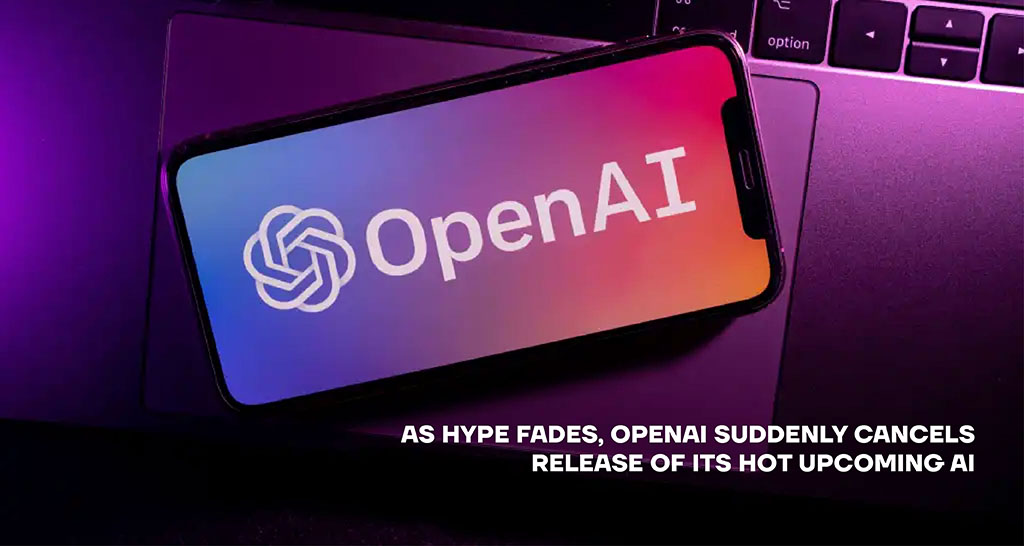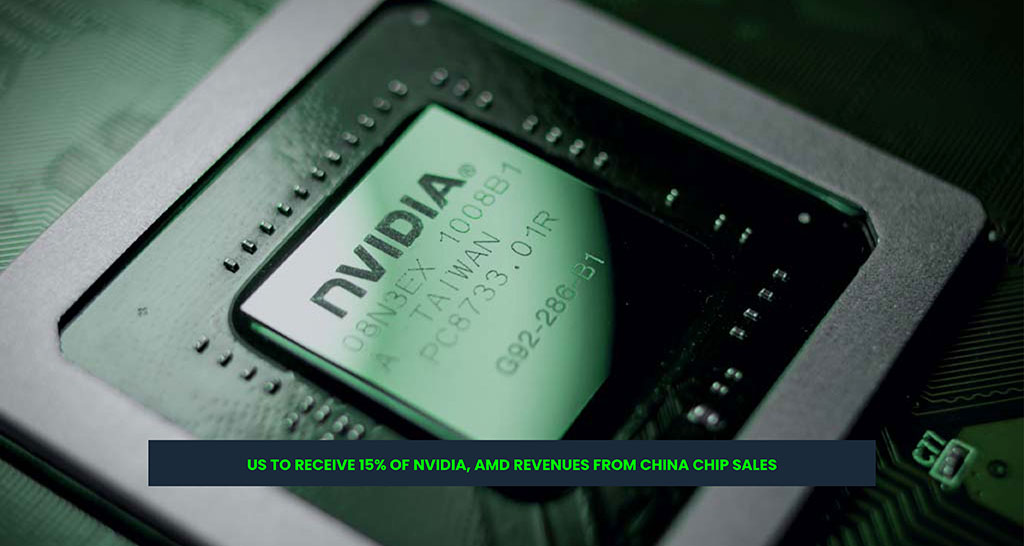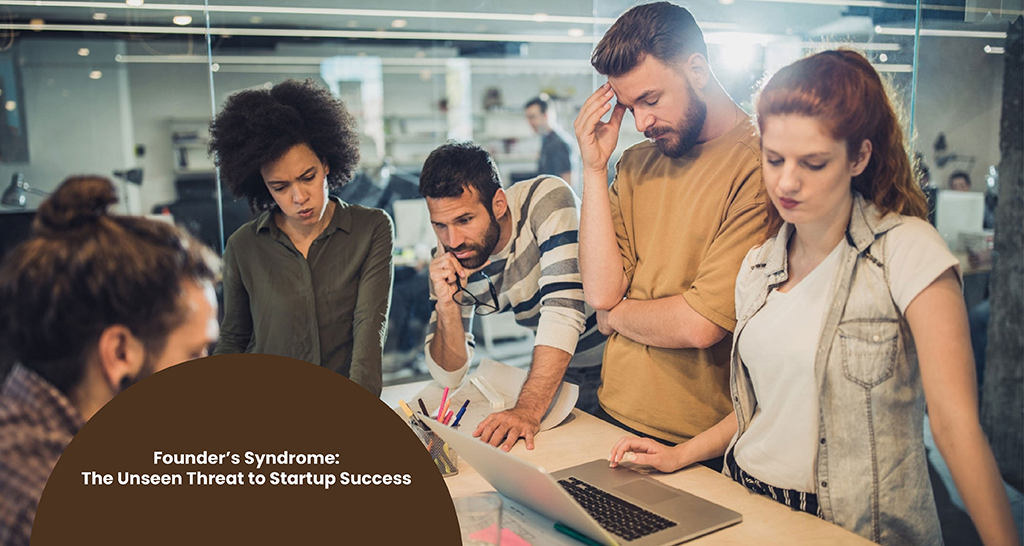OpenAI has declared a significant change in its artificial intelligence development strategy, deciding to forgo the launch of the highly awaited “o3” model in favor of a more cohesive and simplified framework. CEO Sam Altman disclosed that the technologies originally planned for “o3” will be incorporated into the upcoming GPT-5 model, with the objective of refining its AI products and improving the overall user experience.
The choice to terminate “o3” arises in the context of heightened examination by investors regarding OpenAI’s significant investments in artificial intelligence technology. Importantly, the Chinese startup DeepSeek has launched a more cost-effective AI model, thereby escalating competition within the AI sector. Altman underscored the organization’s dedication to developing AI systems that operate effortlessly for users, while recognizing the existing intricacies in the domain.
OpenAI has announced the cancellation of the “o3” project and intends to introduce a new model, designated as GPT-4.5 and codenamed “Orion.” This forthcoming model will be the final iteration that does not incorporate a “chain-of-thought” reasoning approach. While this method aids in providing straightforward answers, it frequently struggles with more intricate challenges, particularly in fields like physics and mathematics. The forthcoming integration of “chain-of-thought” reasoning is anticipated to significantly improve the AI’s capabilities in these domains.
This strategic transition illustrates OpenAI’s commitment to adjusting to the changing AI environment and tackling the challenges presented by competitors and market needs. By integrating its technologies into a cohesive model, OpenAI seeks to provide more effective and user-centric AI solutions. The forthcoming GPT-5 model is expected to establish new benchmarks in AI performance, delivering improved capabilities and wider applicability across multiple sectors.
The rapid progression of the AI industry highlights OpenAI’s strategic choice, which emphasizes the necessity for adaptability and innovation in addressing the evolving requirements of users and stakeholders. By prioritizing the simplification of its product range and the incorporation of sophisticated reasoning capabilities, the company is well-positioned to lead in AI development. The forthcoming launch of GPT-5 is eagerly awaited, with predictions that it will profoundly affect the AI sector and shape the trajectory of future technological innovations.








